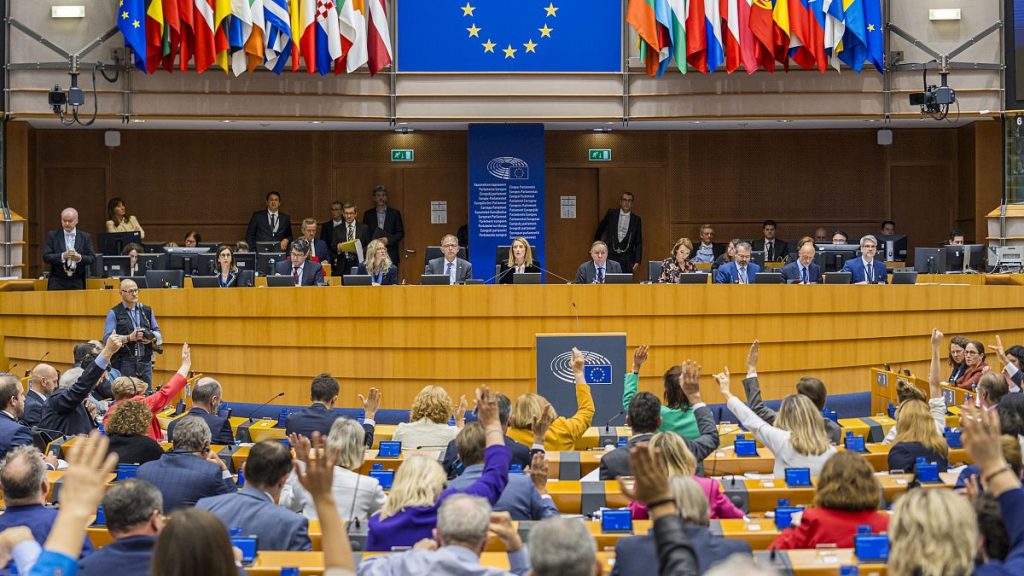The European Parliament has recently implemented new rules of procedure aimed at addressing longstanding issues such as diminished relevance, absenteeism, and clashes of competencies between committees. One key change is the introduction of ‘super’ committees with legislative powers to address conflicts arising from Commission proposals. These committees will be appointed by political groups and can only last until the act is adopted. Another significant change is the extension of confirmation hearings for commissioners to allow for up to four hours of questioning. Additionally, new provisions allow for special scrutiny hearings to question Commissioners on politically important issues.
Despite efforts to increase visibility and participation in parliamentary sessions, absenteeism continues to be an issue in the European Parliament. While new procedural rules encourage members to sit at the front of the chamber, there is no obligation for lawmakers to stay for the duration of a debate they are participating in. The reform also includes provisions for the convocation of ‘special’ plenaries to address matters of significant political importance, with the hope of creating a platform for dialogue at key moments in the news cycle. Lack of media attention has often been cited as a reason for absenteeism, particularly on technical topics or issues that have lost political momentum.
Gender equality remains a significant issue in the European Parliament, with women facing underrepresentation across administrative positions as well as in committee leadership roles. While expectations were high for addressing this issue in the reform, the final provisions were tamed in negotiations. An amendment encouraging more female representation was passed but did not include any binding quotas. Instead, political groups are encouraged to nominate candidates that respect gender balance when electing key positions. The European Parliament will also examine the gender balance of the college of commissioners during its scrutiny over the Commission’s composition.
Overall, the European Parliament’s new rules of procedure aim to address longstanding issues and improve the efficiency and transparency of parliamentary business. The introduction of ‘super’ committees with legislative powers and increased scrutiny over Commissioners are key changes intended to pre-empt conflicts and enhance democratic oversight. However, challenges such as absenteeism and gender inequality continue to persist, with new provisions aimed at encouraging more visible participation and addressing underrepresentation of women. As the Parliament enters its next mandate, these reforms will shape the way legislative business is conducted and how the institution operates.


